Hundreds of theatres face closure and more than 500 museums have shut since the turn of the century, laying bare the true scale of the risk facing Britain’s cultural venues.
Leaders in the sector are urgently demanding major investment from the new Labour government as they grapple with fresh challenges including rising energy bills and the hike to employer national insurance contributions in the Budget.
After years of cutbacks and underfunding, they have warned of “the danger of cultural wastelands” in a direct appeal to the chancellor Rachel Reeves and the culture secretary Lisa Nandy.
According to a report by the Society of London Theatre (SOLT) and UK Theatre, one in five venues needs at least £5m of investment over the next decade just to continue operating, and without significant capital investment 40 per cent could close in the next five years.
There are around 1,110 theatres currently operatating across the UK, according to the Theatres Trust.
The report also warns that:
- £20m is needed to save museums from shutting down
- 525 museums have already shut since the year 2000
- In the last year, London’s Jewish Museum, along with the Simon Lee, Fold, and Darren Flook galleries in Mayfair and Fitzrovia have closed
- Literary festivals are also under threat, with the announcement in September that Chipping Norton’s ChipLitFest will no longer take place
SOLT and UK Theatre co-chief executive Hannah Essex said: “We have a world-leading theatre sector that prides itself on its creativity and passion and is beloved by audiences across the country. However, theatres are having to cope with ever-increasing financial pressures.
“Production costs are rising faster than inflation, with energy bills up 120 per cent since 2019. Public investment in the arts has declined by 48 per cent in real terms over the past 14 years, and 40 per cent of venues risk closure over the next five years without significant capital investment.”
Looking at the impact of Rachel Reeves’s Budget, Ms Essex added: “Theatres are now facing additional challenges, with the rises in business costs with national insurance and national living wage increases, adding to the fragility of the sector and resulting in many theatres facing difficult decisions.
“We are working with the government to identify ways to put the sector on a more stable footing and unleash the potential for growth in communities across the country.”
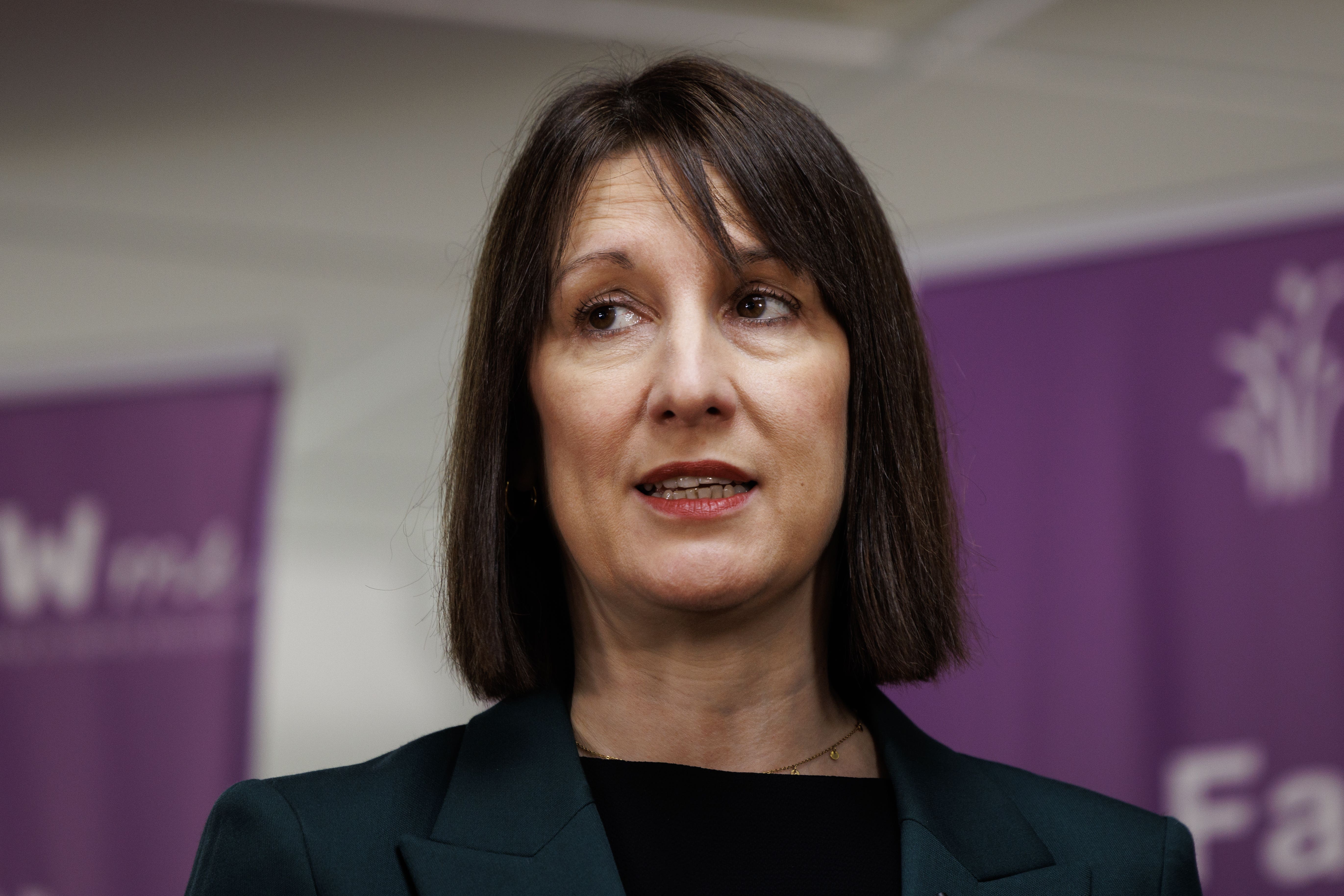
The report points out that for every £1 spent on a theatre ticket, an additional spend of £1.40 is generated in the local economy.
Meanwhile, the director of the Museums Association, Sharon Heal, told The Independent: “In the 20 years that I have worked in the sector, this is the most challenging period, with many museums facing outright closure, loss of expert staff, and restricted opening hours.”
She continued: “Museums hold our national and local collections and contribute to our understanding of where we have come from, as well as offering many health, wellbeing, and learning opportunities. Without them, our towns and cities would be far less rich and vibrant places to live.”
The biggest problem faced by museums is that many are reliant on local authorities to provide funding and support, but drops in revenue often mean that they are the first to lose out when councils look for savings.
Ms Heal said: “The Museums Association and the English Civic Museums Network had asked for a £20m stabilisation fund for town and city museums, to prevent immediate threats of closure and insolvency, and although we didn’t get that in the Budget, we are still hopeful that the government will recognise the dire situation that many of these museums face.
“The rise in NI contributions will mean that some museums will come out of the Budget worse off, and we are calling for an exemption for museums to recognise that many of them are charities, often operating with very small margins.”

Among the museums and organisations under immediate threat are the Auchindrain Township museum in Argyllshire, Scotland; Alyth Museum in central Scotland; Abbey House Museum in Yorkshire; Dundee Contemporary Arts; and Hampshire Cultural Trust.
But the most recent example of Britain’s cultural crisis is in Cannock Chase in the West Midlands, where last month the council announced it would be closing the Museum of Cannock Chase and the Prince of Wales Theatre.
Cannock Chase’s newly elected Labour MP, Josh Newbury, is spending his Christmas trying to find ways to keep the museum and theatre open, with this year’s pantomime set to be one of the last shows.
He raised the issue at Prime Minister’s Questions, and explained that the problems arose when the operating company that was working with the council carried out an assessment of the buildings and realised they needed major investment just to meet minimum standards.
The theatre was at one point the centrepiece of an application for money from the levelling up fund, but the bid was removed when the project was scaled back.
Mr Newbury said: “Both will be such a loss to the community. The problem is that once the doors close on a theatre or a museum, it is very hard to reopen them. The theatre has been there for community groups, as well as acting as a venue for bigger shows in the area. The museum is one of the last links to Cannock Chase’s mining heritage.”
One prominent figure in the fight to secure investment in the UK’s flagging cultural heritage is Tory peer and former culture minister Ed Vaizey, who is now on the board of directors for the Tate and has warned of “the danger of cultural wastelands” being created.
He told The Independent: “Credit where it is due, the Labour government has maintained the theatre, museums and orchestra tax credits and boosted the film tax credit. They talked about an increase in capital for museums. I also appreciate the issues the government has with the public finances.
“But having said that, I’ve always argued that the arts budget is infinitesimally small in the great scheme of things, and a tiny uplift would have a massive impact, because it would secure the future of so many regional cultural institutions, theatres and local museums that are absolutely vital to so many communities.
“I hope, in the current spending round, the government does look hard. This is not a sector that is crying wolf. Every sofa has had the hand put down the back, and there literally is very little room for manoeuvre.”
A spokesperson for Ms Nandy said: “We are committed to supporting arts and culture and the essential role they play in developing creative skills in people of all ages and backgrounds.
“We are working closely with local authorities to ensure these opportunities are open to everyone, wherever they live, by providing more money for councils to help fix the foundations of local government. Our package of cultural infrastructure funding will support arts and cultural venues up and down the country.
“On top of this, we are providing tax reliefs to museums, galleries, theatres and orchestras to ensure they can share their world-class productions and collections with more audiences.”








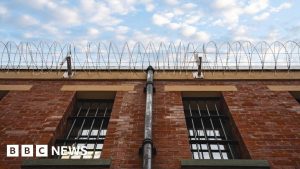







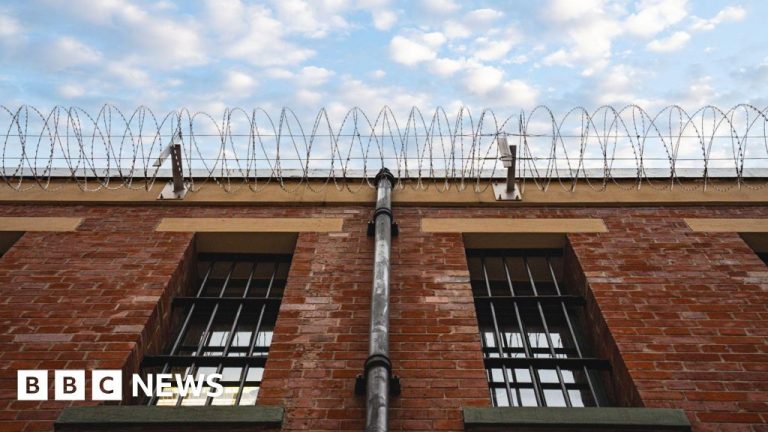
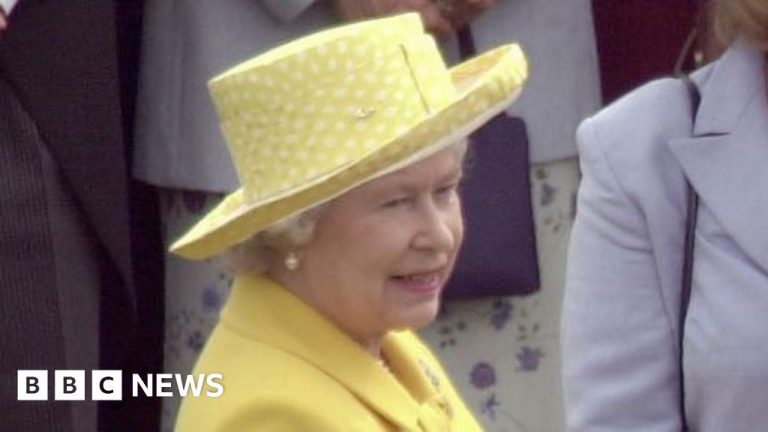
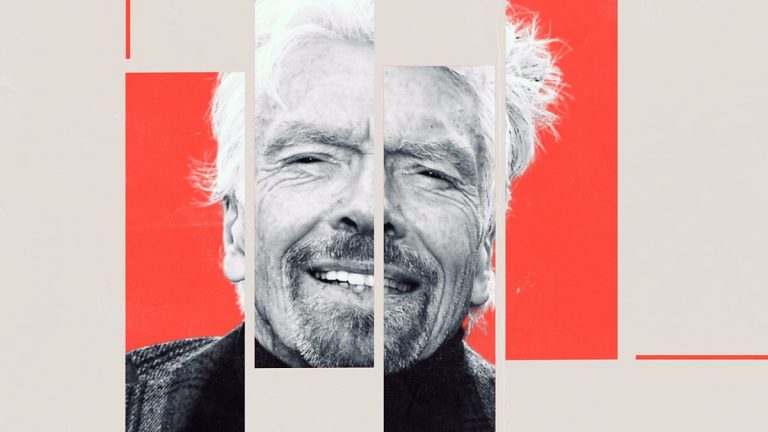

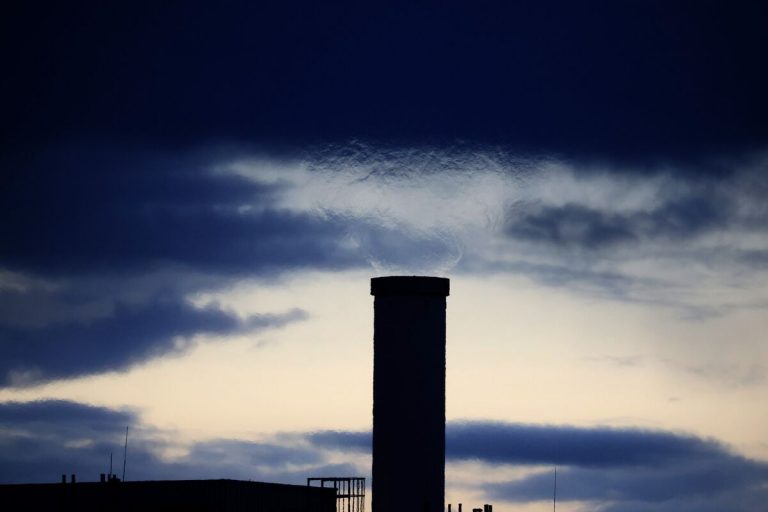





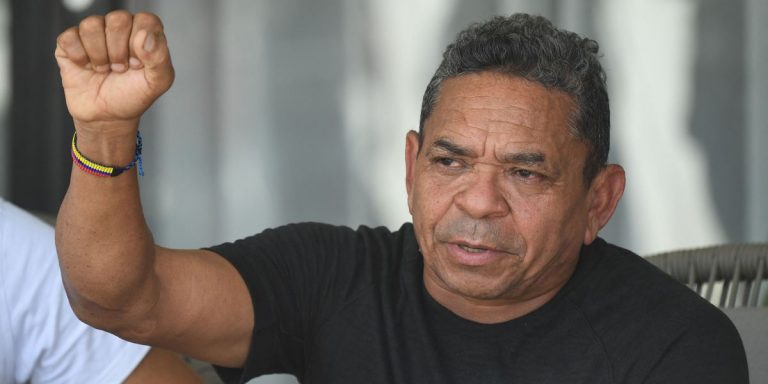


+ There are no comments
Add yours